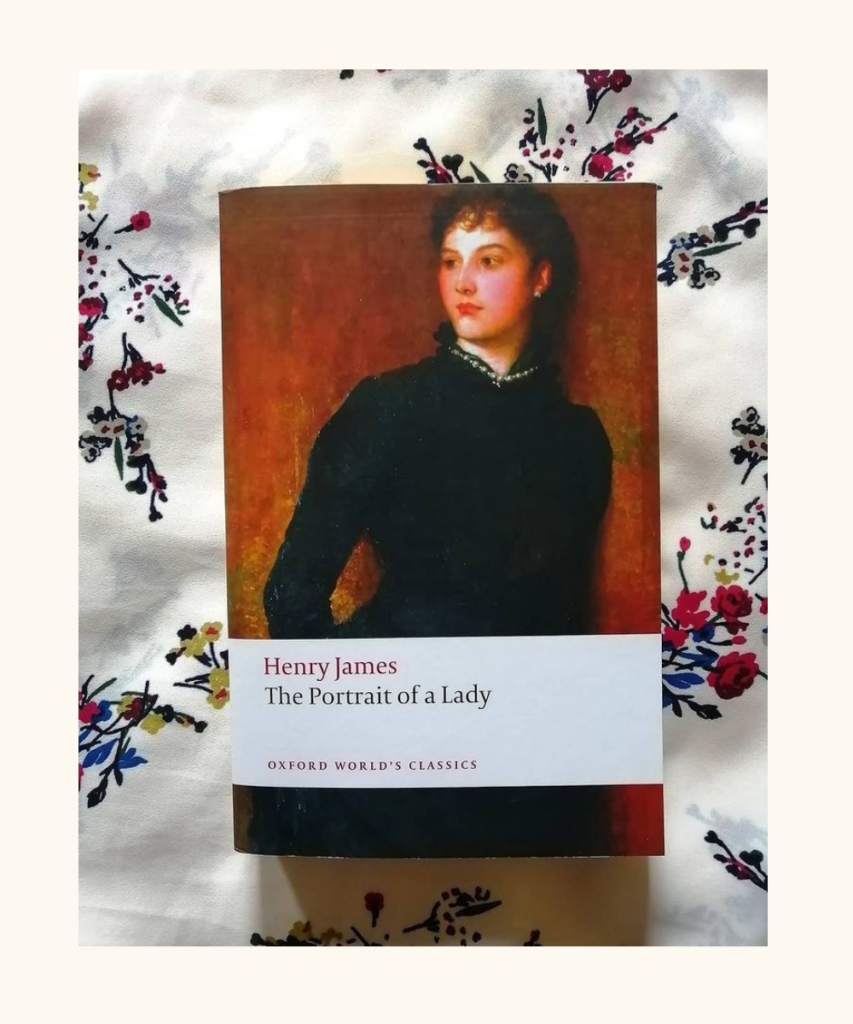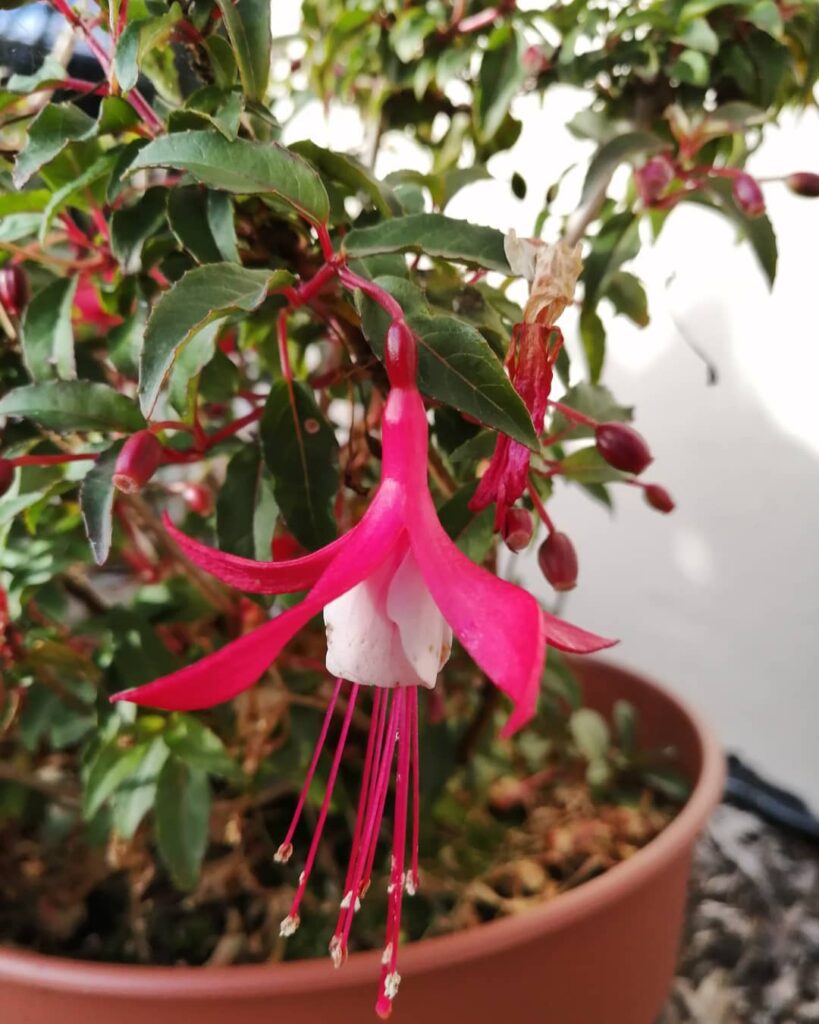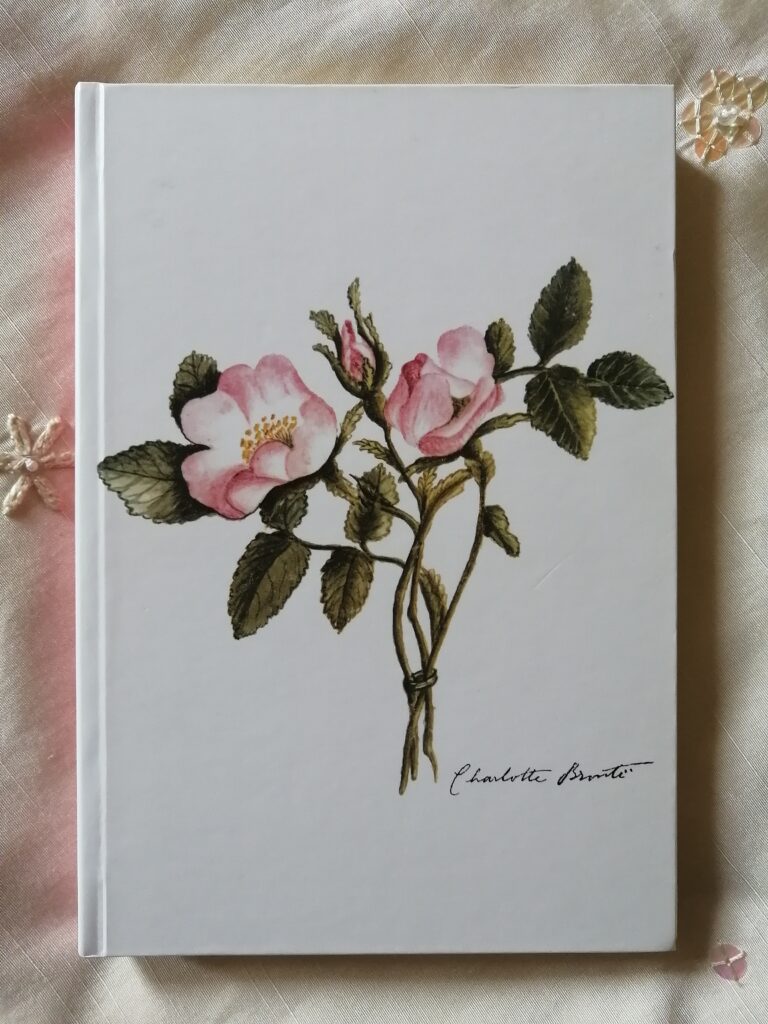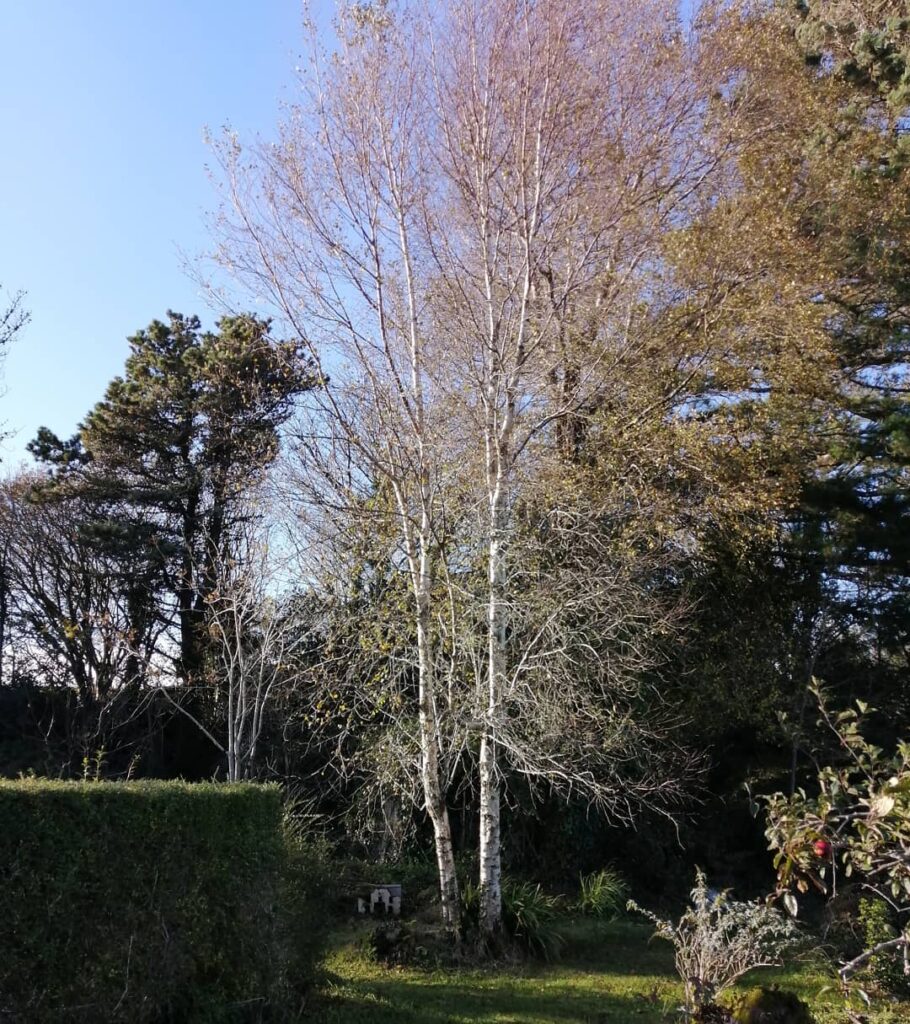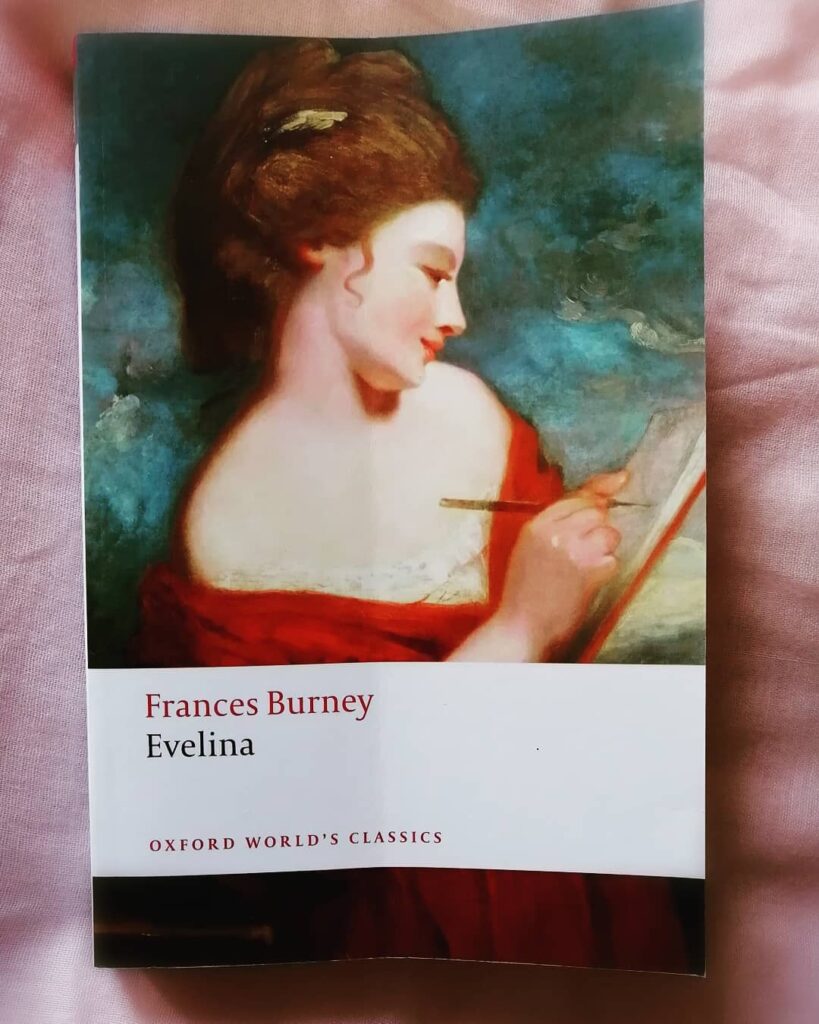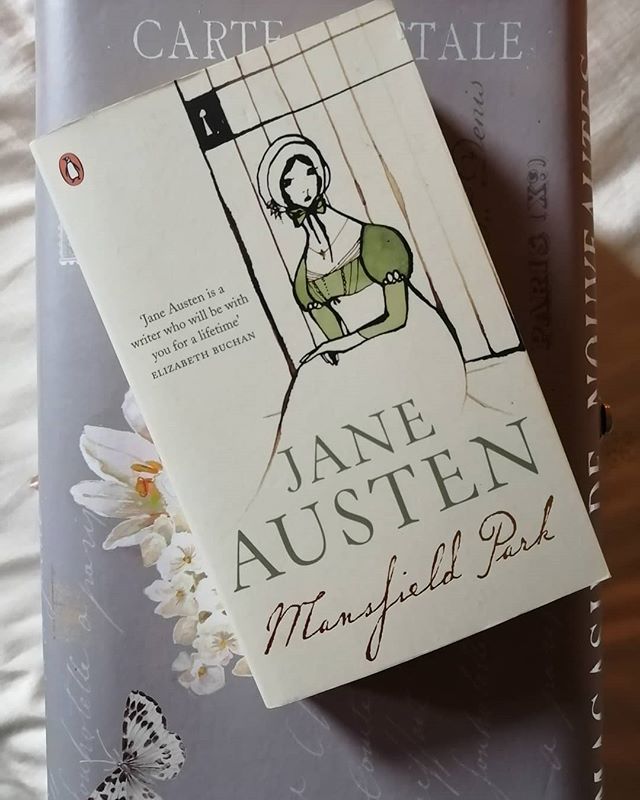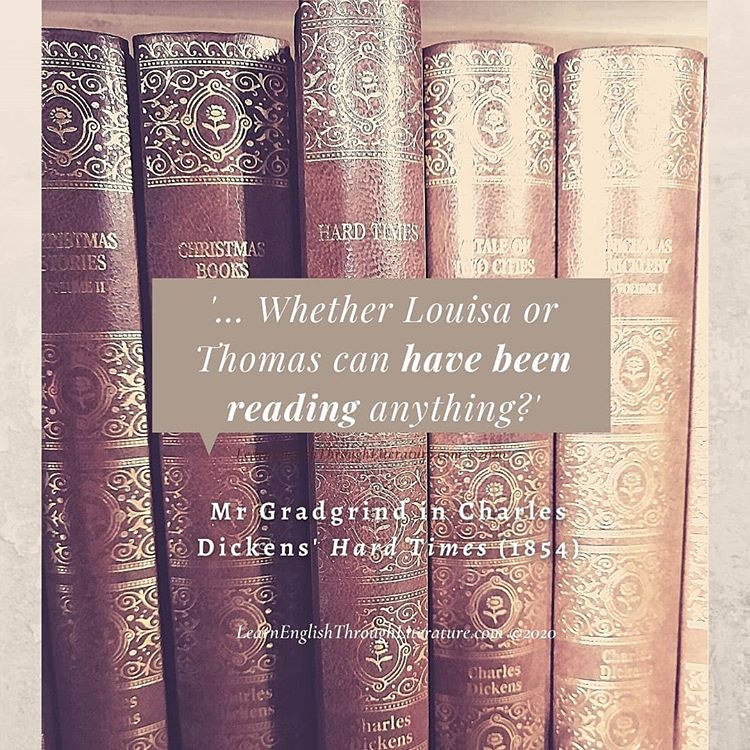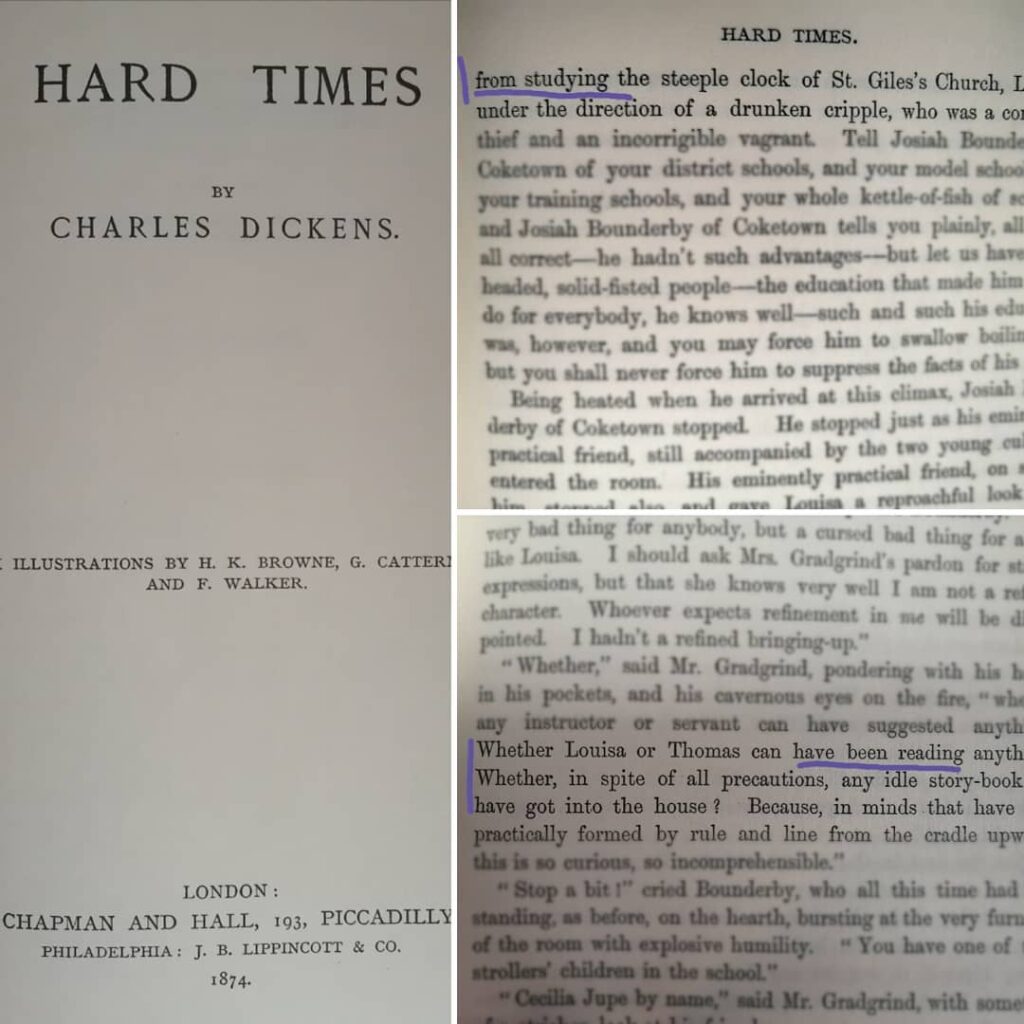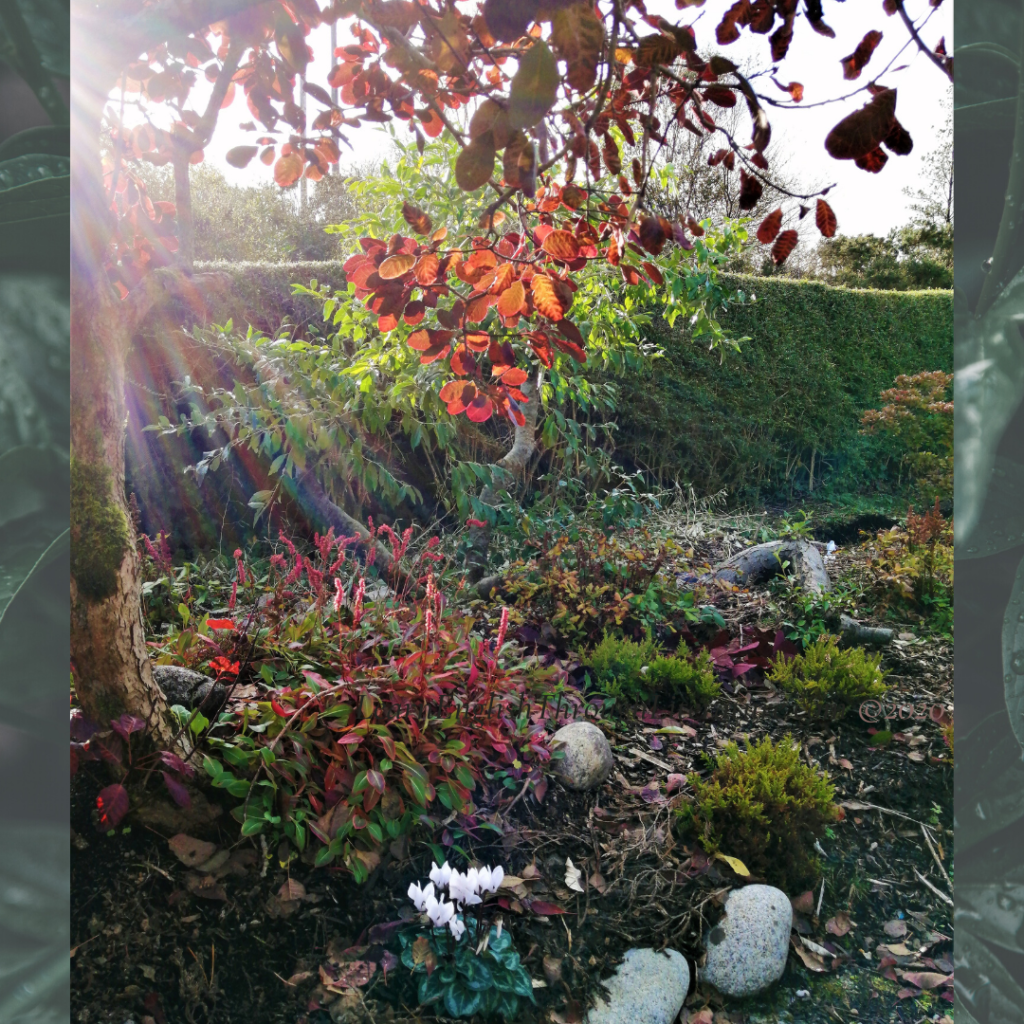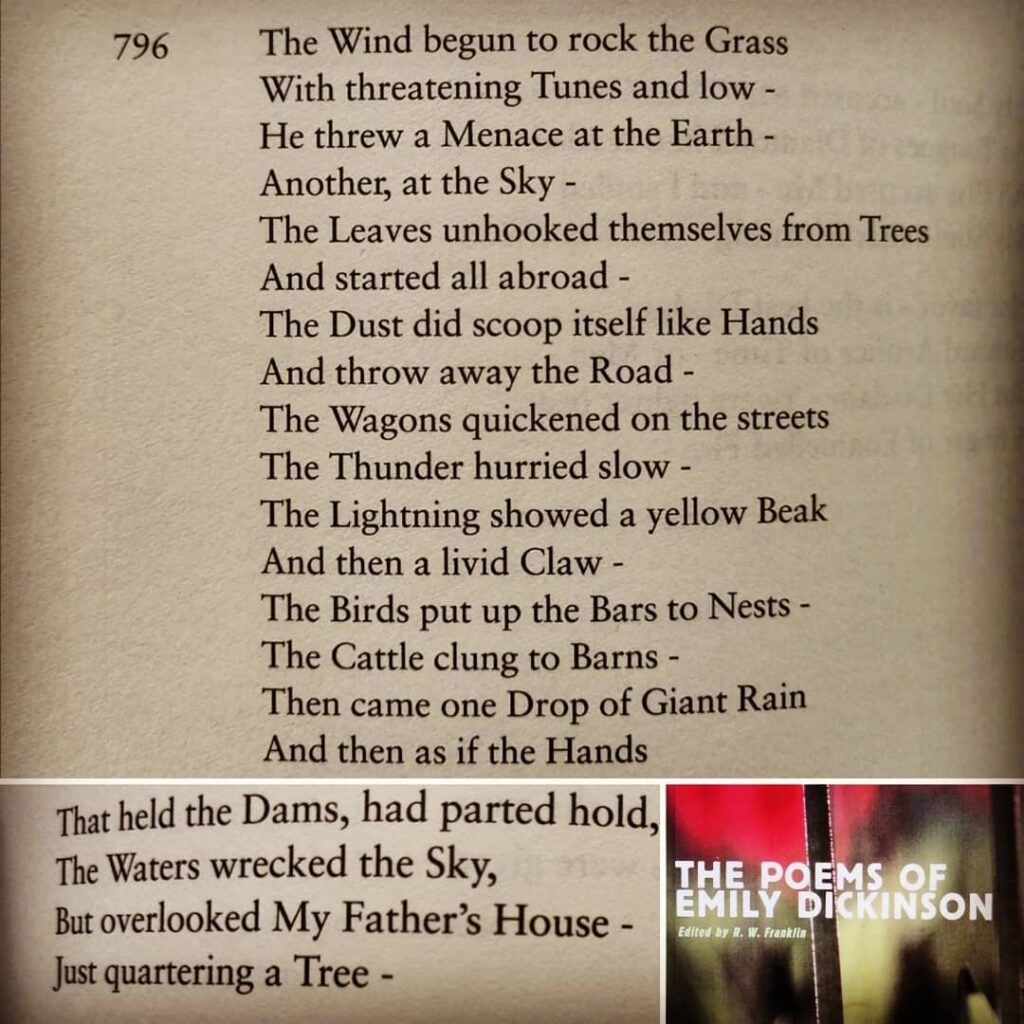Lesson #141 (Part 1): American Vs British Punctuation: How To Use American English Quotation Marks
📙 “… my mother has not gone into details. She chiefly communicates with us by means of telegrams, and her telegrams are rather inscrutable. They say women don’t know how to write them, but my mother has thoroughly mastered the art of condensation. ‘Tired America, hot weather awful, return England with niece, first steamer decent […]

